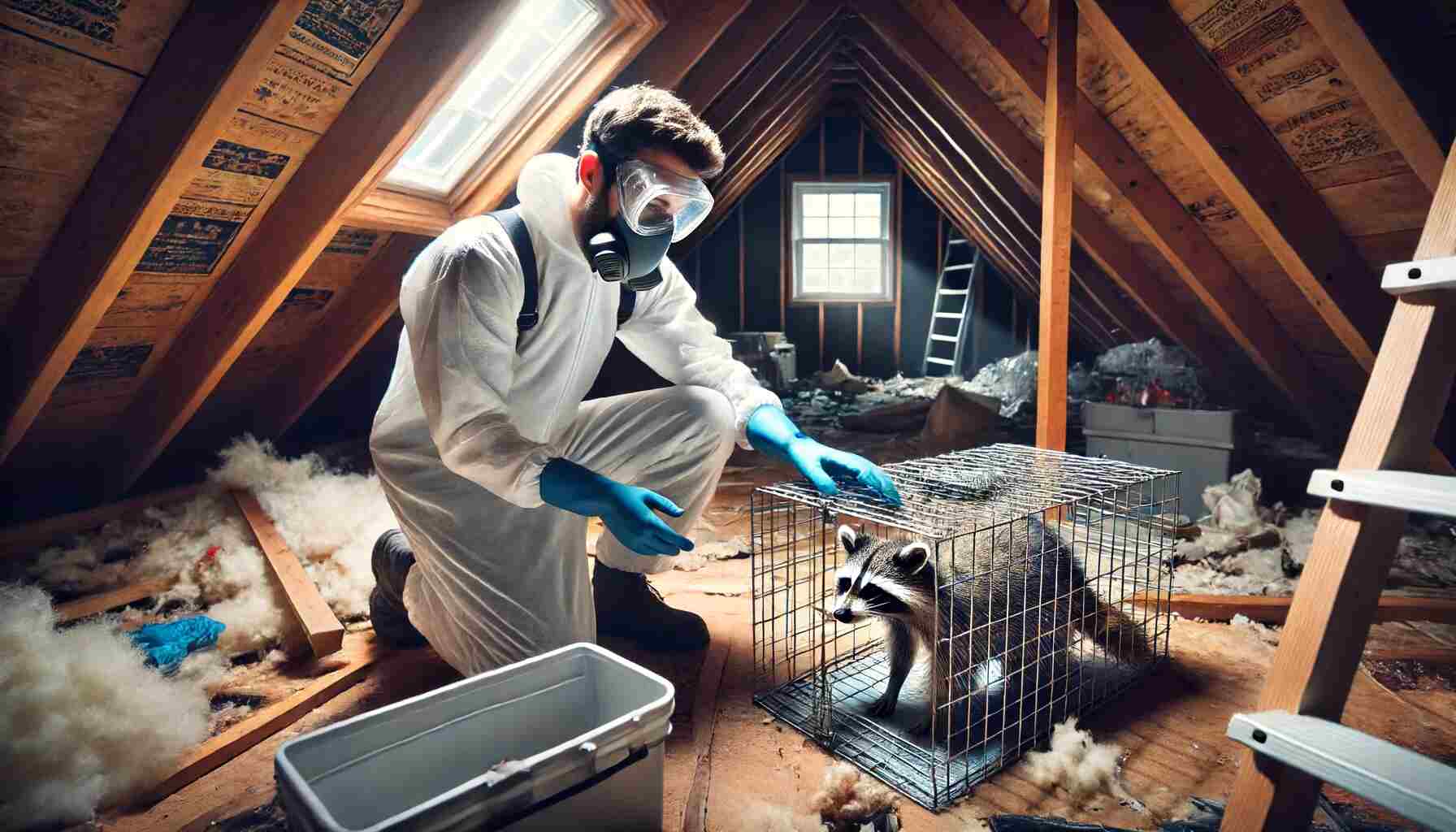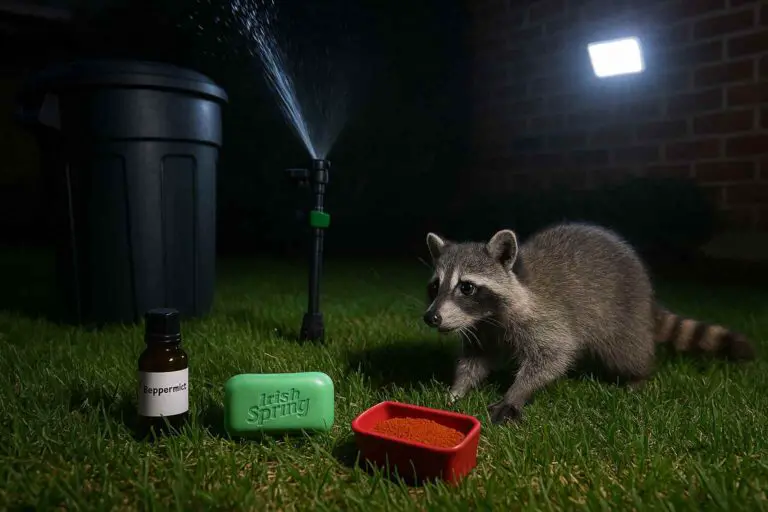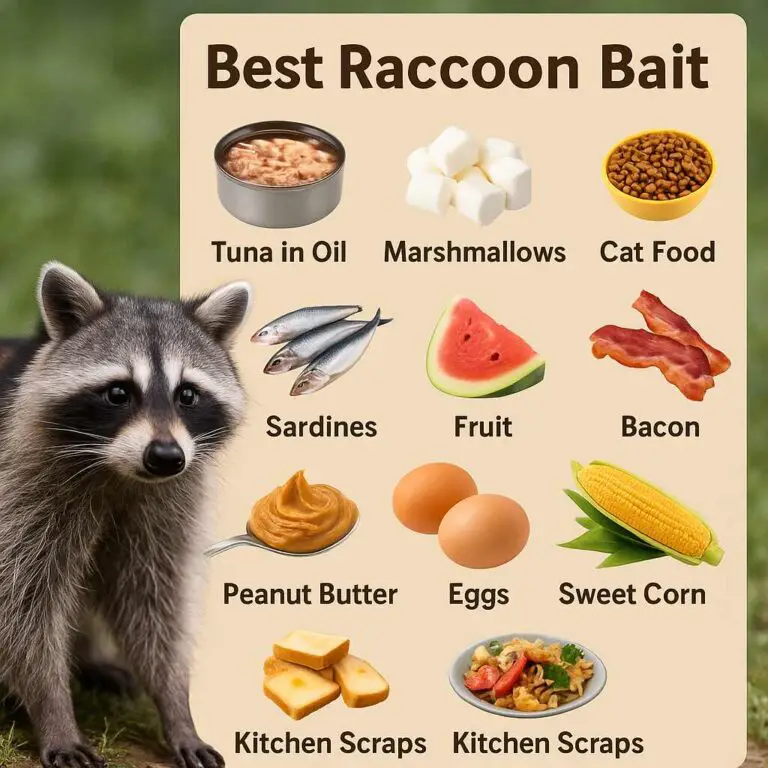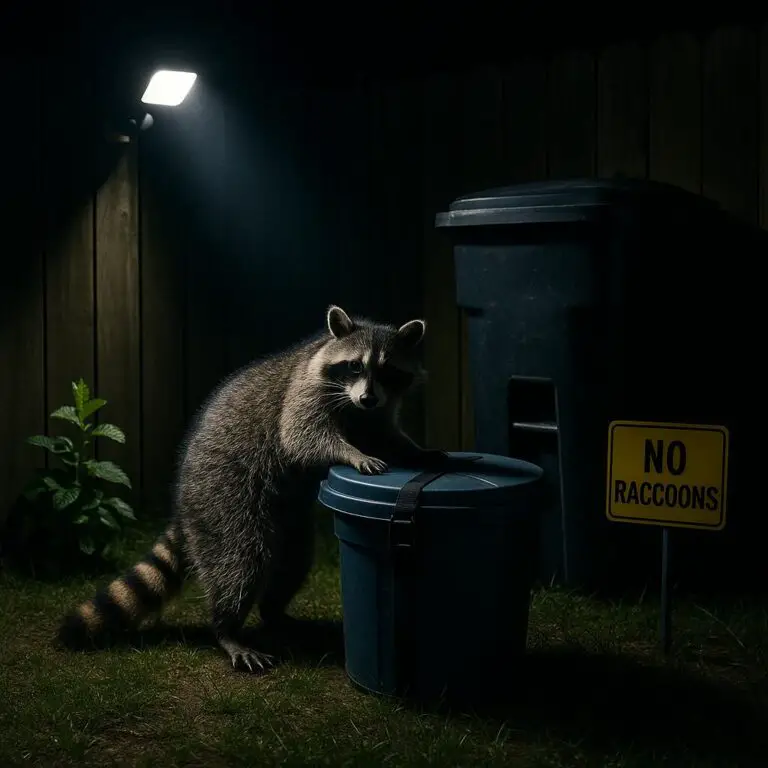Whether you’ve noticed a raccoon in your attic or seen one digging through your trash, the need for removal is clear. But what should you expect in terms of costs? In this comprehensive guide, we’ll explore the breakdown of costs associated with DIY vs. professional removal, the factors influencing these costs, and tips for getting the best value for your money.
Breakdown of Costs: DIY vs. Professional Removal
DIY Raccoon Removal Costs
DIY raccoon removal might seem like a cost-effective solution at first, but it comes with its own set of expenses and challenges. Here’s what you can expect:
- Traps: Humane traps are necessary to capture raccoons without harming them. Prices vary based on size and quality, typically ranging from $30 to $100 per trap.
- Protective Gear: To avoid potential bites and scratches, you’ll need gloves and protective clothing. Costs for these items can be around $20 to $50.
- Animal Handling Gloves – $25
- Bait: Common baits like marshmallows, fruits, or pet food are inexpensive but necessary for trapping. Expect to spend around $5 to $10.
- Transportation: After capturing a raccoon, you’ll need to transport it safely to a location where it can be released. Fuel costs and travel expenses can add up, depending on how far you need to go.
- Repairs and Cleaning: Raccoons can cause significant damage to property, requiring repairs. Additionally, you’ll need cleaning supplies to sanitize affected areas. Costs for these can vary widely but often range from $50 to $200.
In total, DIY raccoon removal might cost you between $100 and $400, not including the time and effort required.
Professional Raccoon Removal Costs
Hiring a professional wildlife removal service is often more expensive but comes with several benefits, including expertise, efficiency, and safety. Here’s a breakdown of typical costs:
- Initial Inspection: Most services charge an inspection fee to assess the situation, ranging from $75 to $150.
- Removal Fees: The actual removal costs depend on the number of raccoons, the complexity of the job, and the methods used. On average, you can expect to pay between $200 and $500 per removal session.
- Exclusion Services: To prevent future infestations, professionals often provide exclusion services, such as sealing entry points and installing barriers. These services can cost an additional $100 to $300.
- Repairs and Cleaning: Many professional services offer repair and cleaning as part of their package or as an add-on. These services can add another $200 to $600 to the total cost, depending on the extent of the damage.
Overall, professional raccoon removal costs can range from $400 to $1,500 or more, depending on the severity of the infestation and the services required.
Factors Influencing the Cost
Several factors can influence the cost of raccoon removal, whether you choose the DIY route or hire a professional. Understanding these factors can help you estimate expenses more accurately and plan accordingly.
Location
- Urban vs. Rural Areas: Removal costs can vary significantly based on your location. Urban areas often have higher service fees due to increased demand and higher operating costs for businesses. In contrast, rural areas might have lower fees but fewer available services.
- Local Wildlife Regulations: Some regions have strict wildlife protection laws that can influence removal methods and costs. For example, certain areas may require permits for trapping and relocating raccoons, adding to the overall expense.
Severity of Infestation
- Number of Raccoons: The more raccoons present, the higher the removal costs. Each additional animal requires more time, effort, and resources to capture and relocate.
- Extent of Damage: Severe infestations often lead to significant property damage, such as chewed wires, destroyed insulation, and contaminated spaces. Repairing and cleaning these damages can substantially increase costs.
Method Used
- Humane Trapping and Relocation: This method is generally preferred for ethical reasons and compliance with wildlife laws. However, it tends to be more expensive due to the need for specialized traps and transportation.
- Exclusion and Deterrence: Professionals often use exclusion techniques to prevent raccoons from returning, such as sealing entry points and installing barriers. These methods can add to the overall cost but provide long-term protection.
- Repairs and Sanitization: Comprehensive removal services often include repairing damaged areas and sanitizing affected spaces to prevent disease spread. These additional services contribute to higher costs but ensure a thorough solution.
Tips for Getting the Best Value for Your Money
Whether you opt for DIY removal or hire a professional, here are some tips to ensure you get the best value for your money:
DIY Removal Tips
- Invest in Quality Equipment: High-quality traps and protective gear can make the removal process more efficient and safer. Look for reputable brands and read reviews before purchasing.
- Use Effective Bait: Raccoons are attracted to sweet and fragrant foods. Marshmallows, peanut butter, and canned tuna are highly effective baits. Ensure you place the bait correctly to increase the chances of capture.
- Follow Local Regulations: Check local wildlife laws before attempting DIY removal. Some areas have strict regulations on trapping and relocating raccoons, and non-compliance can result in fines.
- Plan for Repairs and Cleaning: Factor in the costs of repairing any damage caused by raccoons and thoroughly cleaning affected areas to prevent disease spread. Addressing these issues promptly can save money in the long run.
Professional Removal Tips
- Get Multiple Quotes: Contact several wildlife removal services to compare prices and services. Look for companies with good reviews and a solid reputation in your area.
- Check for Certifications and Insurance: Ensure the company is certified by a reputable organization, such as the National Wildlife Control Operators Association (NWCOA). Additionally, check if they have liability insurance to cover any potential damages.
- Ask About Guarantees: Some companies offer guarantees on their services, ensuring they will return if the problem persists. This can provide peace of mind and ensure you get your money’s worth.
- Inquire About Exclusion Services: Effective raccoon removal often includes measures to prevent future infestations. Ask if the company offers exclusion services, such as sealing entry points and installing deterrents, and factor these into your decision.
- Read Reviews and Testimonials: Check online reviews and testimonials to gauge the company’s reputation and customer satisfaction. Look for patterns in feedback to identify any potential issues.
Conclusion
Raccoon removal can be a complex and costly process, but understanding the breakdown of costs, factors influencing expenses, and tips for getting the best value can help you make an informed decision. Whether you choose to tackle the problem yourself or hire a professional, ensuring you take the necessary precautions and follow best practices will lead to a successful and cost-effective resolution.








